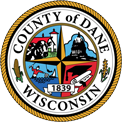
Under Wisconsin law, yard materials including leaves, grass clippings and small pieces of brush/branches are prohibited from disposal in landfills. Composting at home is a great way to manage your yard waste and household food items. There are many resources available to help you compost at home and the finished material is a great source of microorganisms and nutrients for your lawn and gardens. Benefits of using compost include:
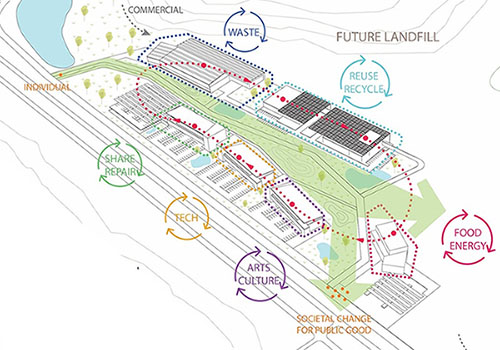
Organics, such as food waste, comprise about one-third of the materials being sent to the Dane County landfill. When food waste can be composted instead of landfilled, valuable nutrients can be recovered and applied to Dane County farmlands to increase soil health. In order to reduce the amount of food waste going to the landfill and increase capacity of food waste recycling in the region, Dane County plans to establish compost collection at its Sustainability Campus by Spring of 2026.
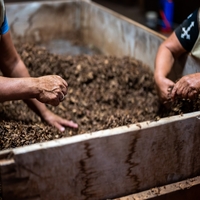
Administered by the Dane County Department of Waste & Renewables, the Organics Management Grant seeks to provide funding for community composting projects that help reduce the amount of organics (foodscraps, yard waste) being sent to landfills. All Dane County businesses, institutions, municipalities, Native American tribal governments and organizations, community groups, and nonprofit organizations are eligible to apply.
See our Compost Services page for info about our 2024 Organics Management Grant Program!
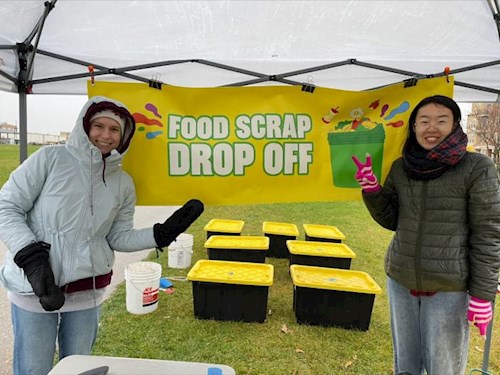
Congratulations to the following 2022 Organics Management Grant Awardees!
McFarland Highschool Eco Club
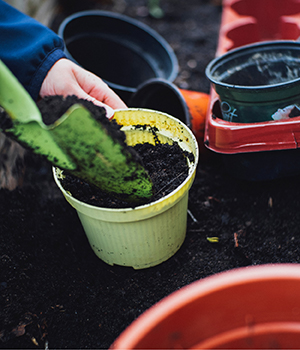
Residents can make their own compost for garden and landscape projects by composting yard materials and certain food scraps at home. Composting is also a preferred alternative to burning yard materials, something which many Dane County communities do not allow without a permit.
When at home, compost can be made in bins or a heap. Bins are generally a better way to manage materials and can be either bought commercially or made. View the DNR's home composting brochure to get started or for tips on improving your current system.
Currently, the state of Wisconsin has no regulations on small-scale, home composting operations of fewer than 50 cubic yards, but please keep in mind that all composting should be done in a nuisance-free and environmentally-sound manner. This includes minimizing odors, not attracting excessive numbers of pests, and not placing compost piles in wetlands or other sensitive areas. Check with your municipality to find out if any local regulations apply.
Along with yard materials, certain food scraps can also be easily composted at home. Be sure to follow recommendations on what types of food scraps can be composted at home in order to prevent odors and avoid attracting animals and other pests.
Information gathered from the Wisconsin DNR, read more here.

Most municipalities offer curbside pickup or drop-off sites for yard waste, leaves, and brush for their residents. Check with your local municipality for details on guidelines, locations, and hours of operation.
If you are interested in composting the organic waste generated in your home, there are some subscription-style services available in Dane County. Check out the companies below to learn more: